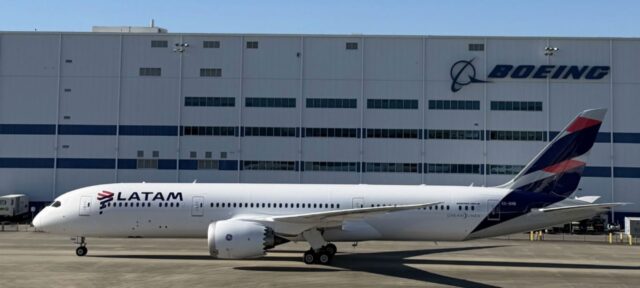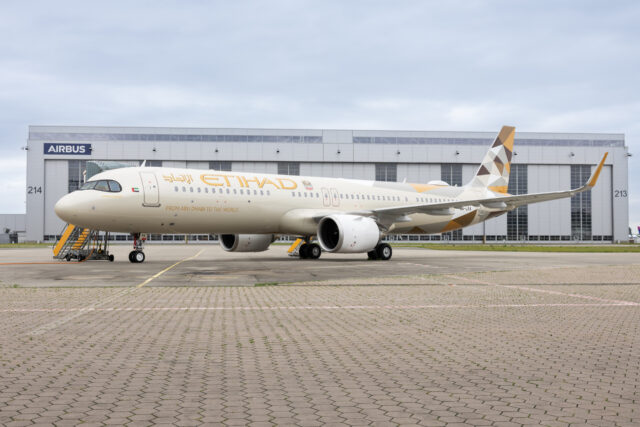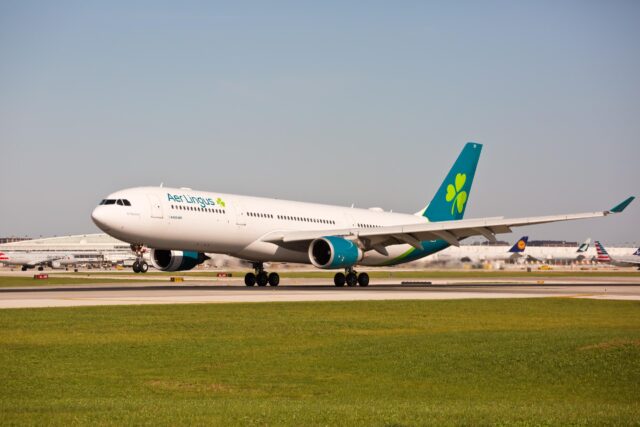Emirates SkyCargo turns to autonomous VTOL drones in logistics push with LODD

November 22, 2025
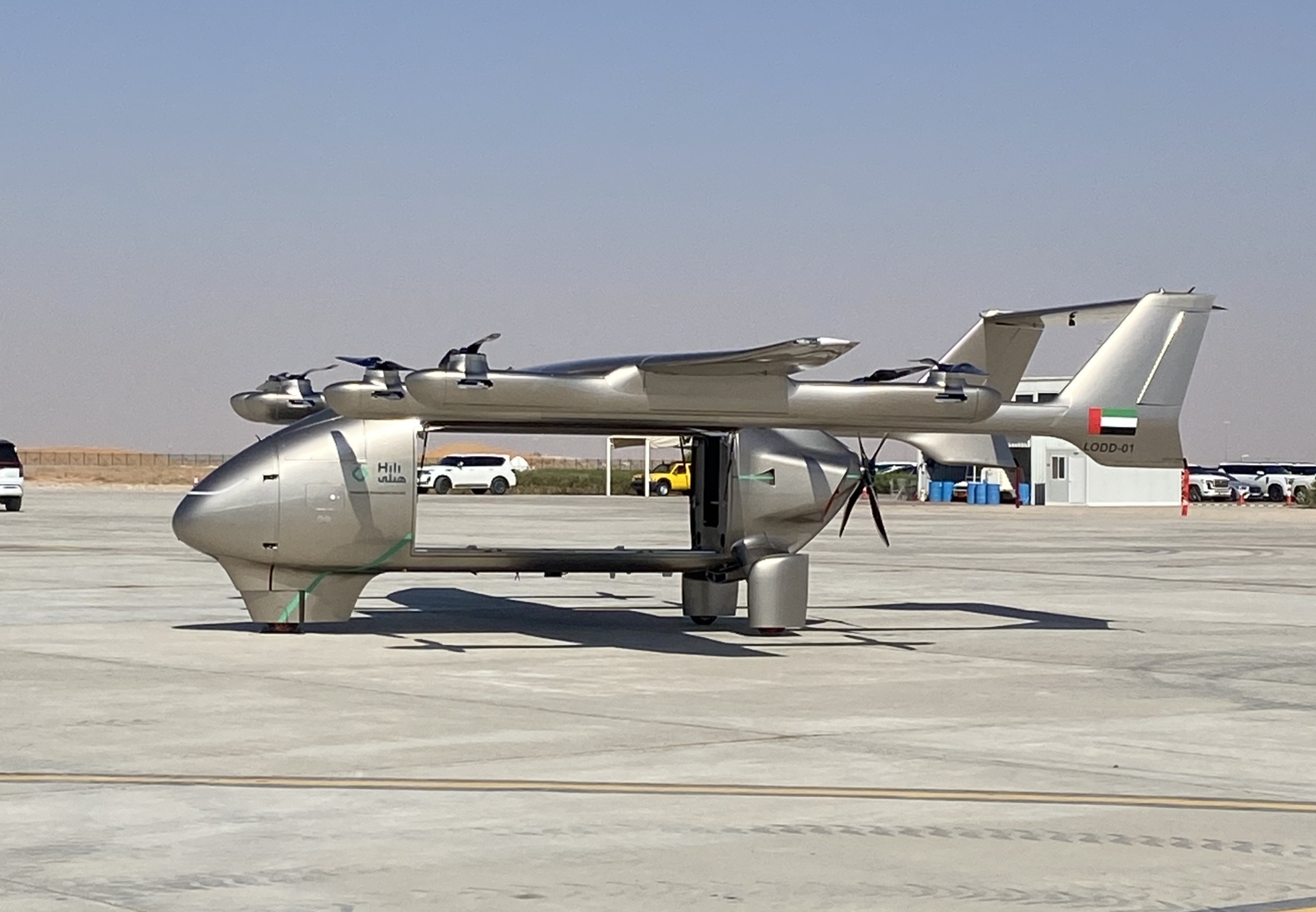
Emirates SkyCargo has opened the door to using autonomous cargo aircraft in its operations, signing an agreement with Abu Dhabi-based LODD Autonomous to examine how heavy-lift drones could support the next phase of the UAE’s logistics sector.
The memorandum of understanding, signed at the Dubai Airshow, brings together two very different but complementary parts of the industry: a global cargo operator with one of the world’s largest wide-body networks, and a young aerospace company developing unmanned systems for cargo work.

The partnership sets up a multiyear programme to assess whether vertical take-off and landing aircraft can support Emirates SkyCargo’s network of more than 150 destinations.
The two organisations will run feasibility studies, work with regulators and conduct live trials through to 2027, evaluating both operational and technical requirements before any aircraft is brought into commercial service.
LODD’s Hili drone: a 250 kg-capacity VTOL aircraft for middle-mile logistics
The collaboration follows LODD’s first test flight of its new unmanned aircraft, Hili.
Still early in its development cycle, Hili is designed to carry loads of up to 250 kilograms and fly as far as 700 kilometres. The platform is fully autonomous from take-off to landing and uses a hybrid propulsion system that promises greater endurance than typical electric drones.
Although far smaller than conventional freighters, Hili’s payload puts it into the “middle-mile” logistics segment, bridging the gap between major distribution centres and smaller regional points.
Emirates SkyCargo is also evaluating whether the aircraft could support transfers between its two Dubai hubs, an area currently handled using a mix of ground equipment and short-haul vehicles.
The push toward autonomous logistics
The UAE has discussed drone transport for several years, often in the context of emergency deliveries and short-range parcel logistics. LODD’s concept sits slightly apart from that: a heavier, autonomous aircraft able to carry substantial loads over longer distances.
Globally, the push into autonomous logistics is accelerating, though progress has been uneven. Several US and European operators have trialled small parcel drones, and offshore platforms and remote communities have seen early tests of unmanned resupply. Heavy-lift, long-range cargo drones, however, remain at the early stages of commercialisation, with most designs still undergoing regulatory scrutiny.
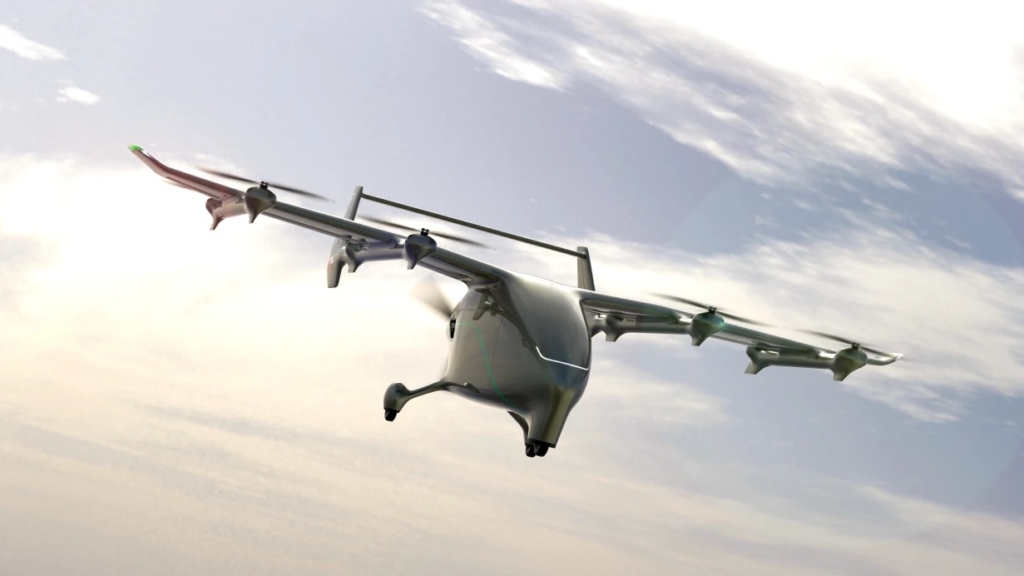
Against this backdrop, Emirates SkyCargo’s decision to formally explore the technology gives the sector a prominent test case. The airline says its operational knowledge can help shape the requirements for systems that must eventually integrate with existing cargo processes.
“We see this as a chance to look carefully at how emerging aviation technologies might support the movement of goods,” said Badr Abbas, senior vice president at Emirates SkyCargo. “Our role is to bring practical experience to the table so the systems being designed now can stand up to real-world use.”
Why LODD is testing its aircraft with a major commercial cargo operator
LODD Autonomous was founded in 2023 with a focus on middle-mile delivery, a part of the supply chain that traditionally relies on trucks and short-haul aircraft. The company sits under the Advanced Technology Research Council, which oversees several defence and civilian technology programmes in Abu Dhabi.
Chief executive Rashid Mattar Al Manai said the agreement gives LODD a rare opportunity to validate its aircraft with a major commercial operator.
“The UAE’s approach to logistics has always been shaped by technology,” he said. “This partnership allows us to measure our aircraft and software against the needs of a large, international cargo network, which is essential if these systems are to be scaled safely.”
The UAE aims to position itself among the world’s top five logistics hubs, a goal that demands both infrastructure expansion and adoption of new technologies. Autonomous vehicles — in the air and on the ground — form part of that ambition.
Drone-delivery trials for healthcare supplies, inspections and small-package work are already underway in the country. Dubai’s Civil Aviation Authority is also developing a framework for controlled “drone corridors”, though these remain in trial phases.
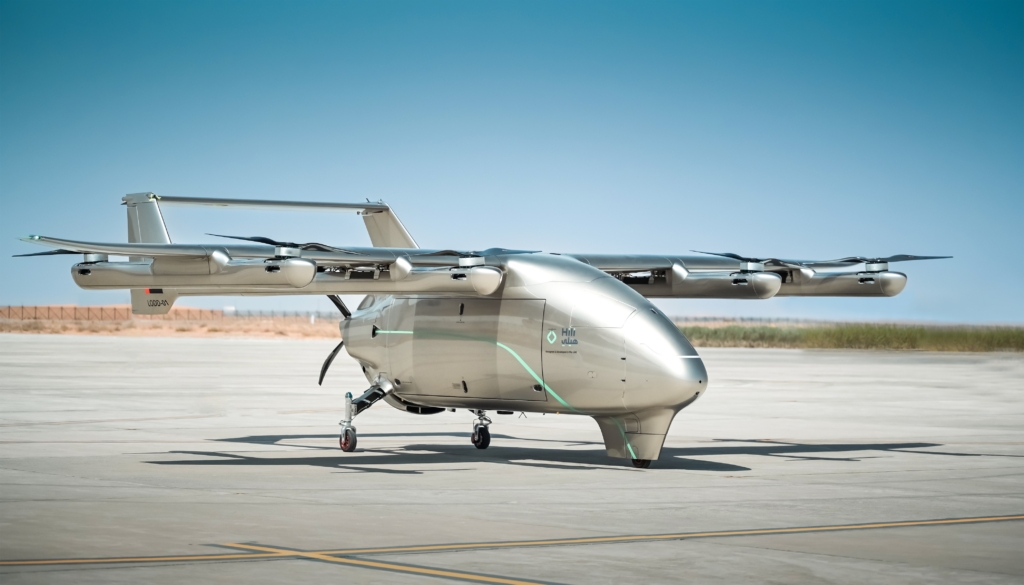
A heavy-lift drone such as Hili adds another dimension. These aircraft travel much farther than consumer delivery drones and may eventually need to share airspace with manned aircraft, making regulatory integration one of the most complex tasks ahead. The Emirates–LODD partnership explicitly aims to work through these issues.
Emirates SkyCargo’s broader digital and automated logistics initiatives
Emirates SkyCargo has been steadily widening its logistics offering and adopting increasingly automated systems.
Earlier this year, it launched a door-to-door e-commerce product leveraging both its passenger and cargo fleets, and it has been introducing robotics and automated storage systems across parts of its ground network.
